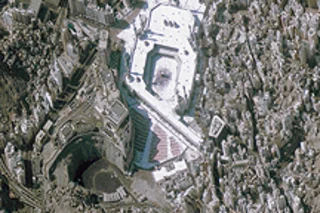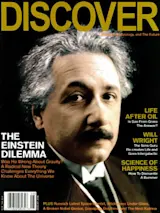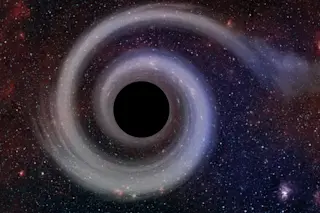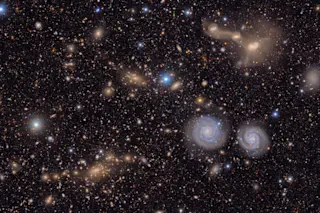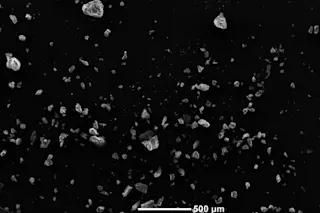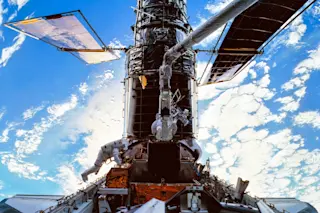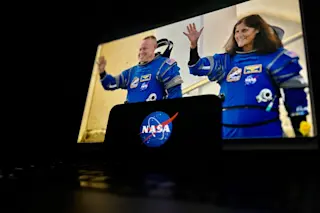As Malaysia's space program prepares to send the country's first astronaut to the space station next year, it is confronting some of the standard first-astronaut questions: what scientific research to pursue, which local delicacy to bring aboard, and who among the eager candidates should go. It is also tackling some more unusual quandaries, such as when to conduct the five daily Islamic prayers on an orbiting ship where a day lasts only 90 minutes.
In April the Malaysian national space agency held a two-day conference, Islam and Life in Space, to address these issues. One of the star attractions was a computer program called Muslims in Space, which calculates when spacefaring Muslims should pray and, using spherical trigonometry, discerns the direction of the Ka'aba, the holy shrine in Mecca that Muslims face during prayer. To settle the timing question, the software divides the space station's 90-minute "days" into the same five periods used for prayer in conventional, ground-based Islam. The program then links these periods to standard Greenwich time, so the astronauts can pray at both the correct Earth time and the correct time of day that they perceive on the space station.
Now Zainol Abidin, the National University of Malaysia electrical engineer who created Muslims in Space, is porting it to a PDA that astronauts can easily carry onto the station. People involved with Malaysia's space program say that other religious questions will most likely be addressed by drawing on compromises developed on Earth.
For example, Muslims in zero gravity may use a wetted cloth rather than water for ritual cleaning, as is sometimes done in the desert, and they can pray while sitting in a chair—as disabled Muslims do—rather than struggling to kneel on floating prayer mats.


